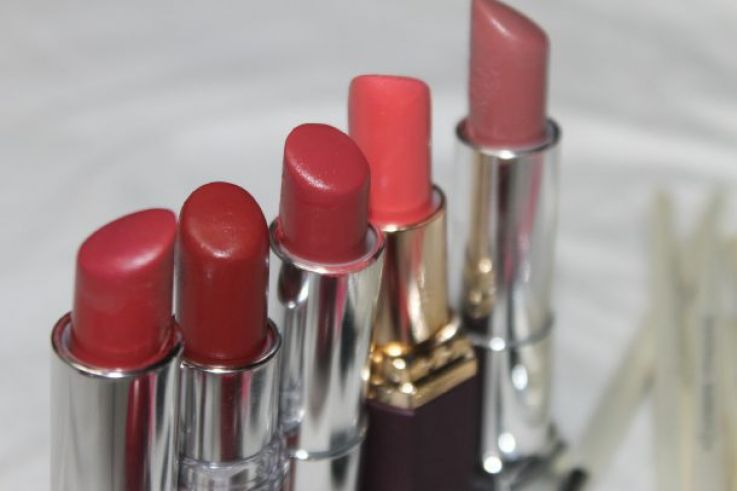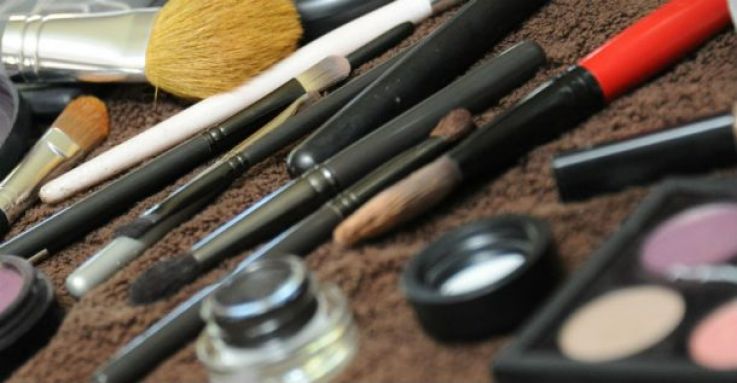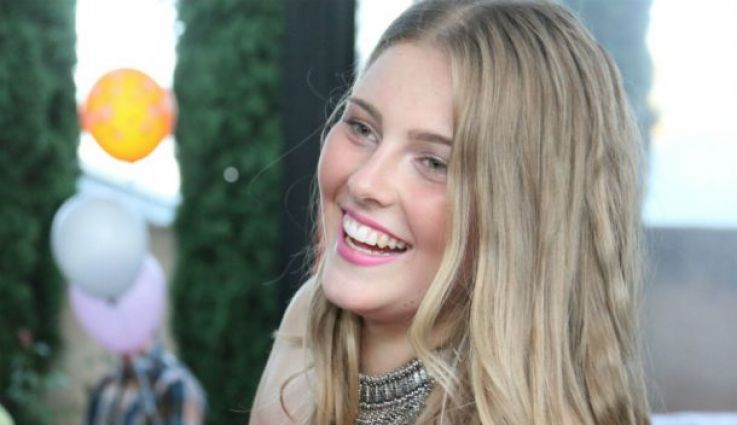

Alcohol consumption in the united kingdom might be much higher than ever before thought, with as many as 75 percent of Britons drinking a lot more than the recommended daily limit. And lots of of these people are likely consuming dangerous levels of alcohol, with the drinking habits of women easily matching the ones from men, according to researchers from University College London [UCL].
Publishing the findings of a new study in the European Journal of Public Health, the UCL team said previous official surveys of drinking patterns in the united kingdom seriously underestimate the real intake simply because they depend on participants´ own assessments of methods much they drink, which account for only 60 percent from the total amount actually consumed.
The researchers said that if the other 40 % of “missing” alcohol is included in the previous surveys´ findings, the actual number of people consuming more than the recommended daily safe limit rises significantly.
The new study, led by Sadie Boniface from the University´s Department of Epidemiology and Public Health, may be the first to investigate the potential public health implications associated with under-reporting of drinking.
“Currently we don’t know who consumes almost half of all of the alcohol bought from England. This study was conducted to exhibit what alcohol consumption would seem like when all of what’s sold is accounted for, if everyone under-reported equally,” Boniface said in a statement. “The outcomes are putative, but they reveal that this gap between what’s observed in the surveys and sales potentially has enormous implications for public health in England.”
For the study, Boniface and colleagues looked at data in the General Lifestyle Survey (GLS) 2008 to investigate self-reported average weekly alcohol consumption levels in nearly 13,000 adults in the uk. They also used data from the Health Survey for England (HSE) 2008 to analyze self-reported drinking around the heaviest drinking day in the last week in nearly 10,000 adults in England.
After correcting data for under-reporting during these two surveys, they discovered that the prevalence of drinking a lot more than the weekly recommended limit increases by 15 percent for men and 11 percent for women, meaning 44 percent of men and 31 percent of women exceed the rules.
Furthermore, they discovered that daily limit increases by 19 percent for males and 26 percent for ladies. In this daily data correction, the results show 75 % in men and 80 percent of ladies exceed daily limit guidelines.
The Royal College of Physicians recommends weekly alcohol limits of 21 units for males and 14 units for women. So far as daily limits, the united kingdom Chief Medical Officers recommend four units max each day for males and three units max each day for women.
The study also demonstrated that when taking under-reporting into account, about 50 % of people could be classed as ℠binge drinkers.´ Binge drinking is determined through the Dept. of Health as eating than eight units of alcohol in one session for men and more than six units for ladies. According to the data, binge drinking increases most in females, those with higher incomes, and those living in the south of England.
“What’s needed now’s a detailed understanding of whether some people under-report their consumption more than others: to what extent performs this vary between men and women for example, because when much someone drinks, or by what kinds of drink they prefer,” said Boniface.
This study “contradicts the claims of the alcohol industry that only a small minority drink too much, and is yet more evidence of the requirement for strong government action, together with a minimum unit price for alcohol,” Sir Richard Thompson, president from the Royal College of Physicians, said in a statement.
The charity Alcohol Concern asserted irregular and chaotic drinking are likely involved in under-reporting.
“When we’re totting up our drinks total we don’t always count some occasions as proper drinking,” the charity said in a statement to BBC News. “We might underestimate drink sizes as well as their alcoholic content, and never count holidays and special occasions like weddings, christmas and birthdays whenever we often drink a great deal more than usual.”
The UCL researchers claim that drinking guidelines have to reflect actual consumption instead of counting on self-reported drinking, particularly when ascertaining what levels are linked to the most harm.
The Dept. of Health said it would go ahead and take evidence in the new study into consideration under their upcoming review of drinking in the united kingdom.
“We know people underestimate the things they drink and many drink too much. That’s why we work to help people make healthier decisions, such as the recent Change For a lifetime campaign to assist them to track consumption and understand the effect on their health,” the company said.
“We’re also tackling abusive drinking through our proposed minimum unit price at 45p per unit, tougher licensing laws, more GP risk assessments, better use of specialist nurses and much more specialized treatment.”
Still, more must be done to tackle a national health crisis which costs the country $32 billion US, shadow public health minister Diane Abbott, told The Guardian. “We have to see huge alternation in our hospitals and streets: simply a political and cultural earthquake,” she said.











